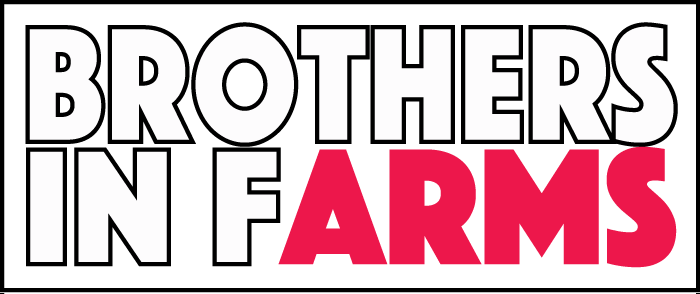Lesson #3 Be Consistent — Be Humble
Do not-doing;
manage affairs with effortless effort.
Know by not-knowing;
savor the flavor of the unadulterated.
Great or small, many or few—
repay wrongs with rightness.
Deal with the difficult through the easy:
work on the great when it’s small,
on the hardest task when it’s uncomplicated.
The sage does not try to act great,
thus accomplishes great things.
Those who make promises lightly
seldom keep their words.
Those who think everything is easy
will find many difficulties.
Therefore the sage regards everything as difficult,
and as a result, in the end finds nothing hard.
—Tao Te Ching #63
Consistency and humility are uniquely linked. Finding consistency through even and honest action is impossible without the humility to understand how the menial affects the whole. There is a saying, “The farmers footsteps are the best fertilizer,” the important take away is that these footsteps wouldn’t occur if the farmer didn’t understand how important it is to be there in the first place. Not-doing, effortless effort and not-knowing are all versions of understanding how to step out of the way of yourself. If we have a goal in mind we should never be so important that we cannot attend to the smallest things. The smallest things become the most important things and our inability to see that connection builds a wall between us and our ability to deliver consistency. Through humility we understand things that may never have been apparent.
We began growing Petite Sirah a couple years ago, no one at the farm had any experience growing this variety. To understand a new variety there several things we need to know to grow it successfully. So, for the first two years we have to watch it and take note of its growth patterns. We highlight the most important parts of that variety in our minds or on paper. If you miss an attribute in one season you must wait another year to find it again, so you take it all in. We know by not-knowing — wiping our preconceptions we can see the truth and do not miss a thing. Because of this we manage Petite Sirah more similar to a white variety than a red variety. The most important parts we’ve found are early canopy management to keep the shoots more vertical. Early canopy tunneling for spray penetration at bunch closure. Priority cluster removal for anything that is touching a cordon wire, top notch post or looks like it will break open the skins after they become soft with color and sugar. Interestingly enough, it’s treated exactly like our Viognier.

